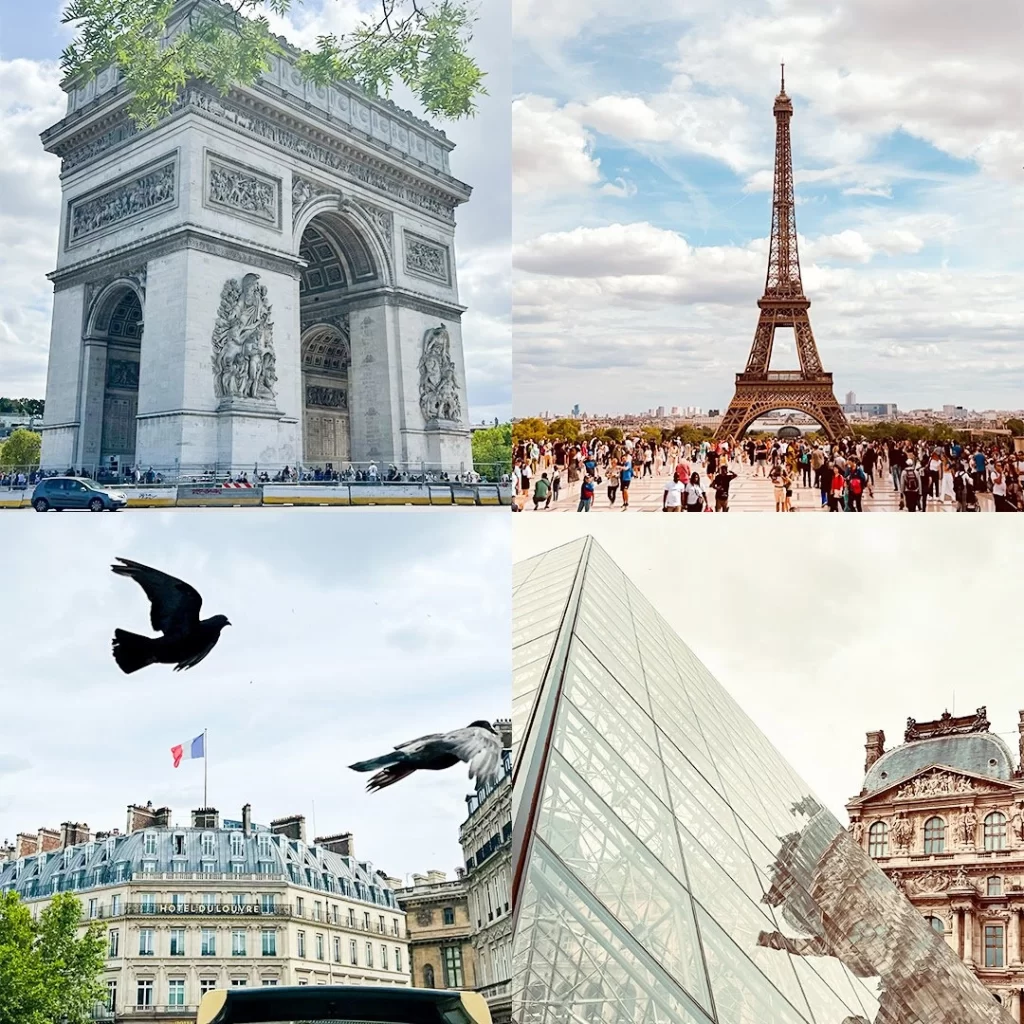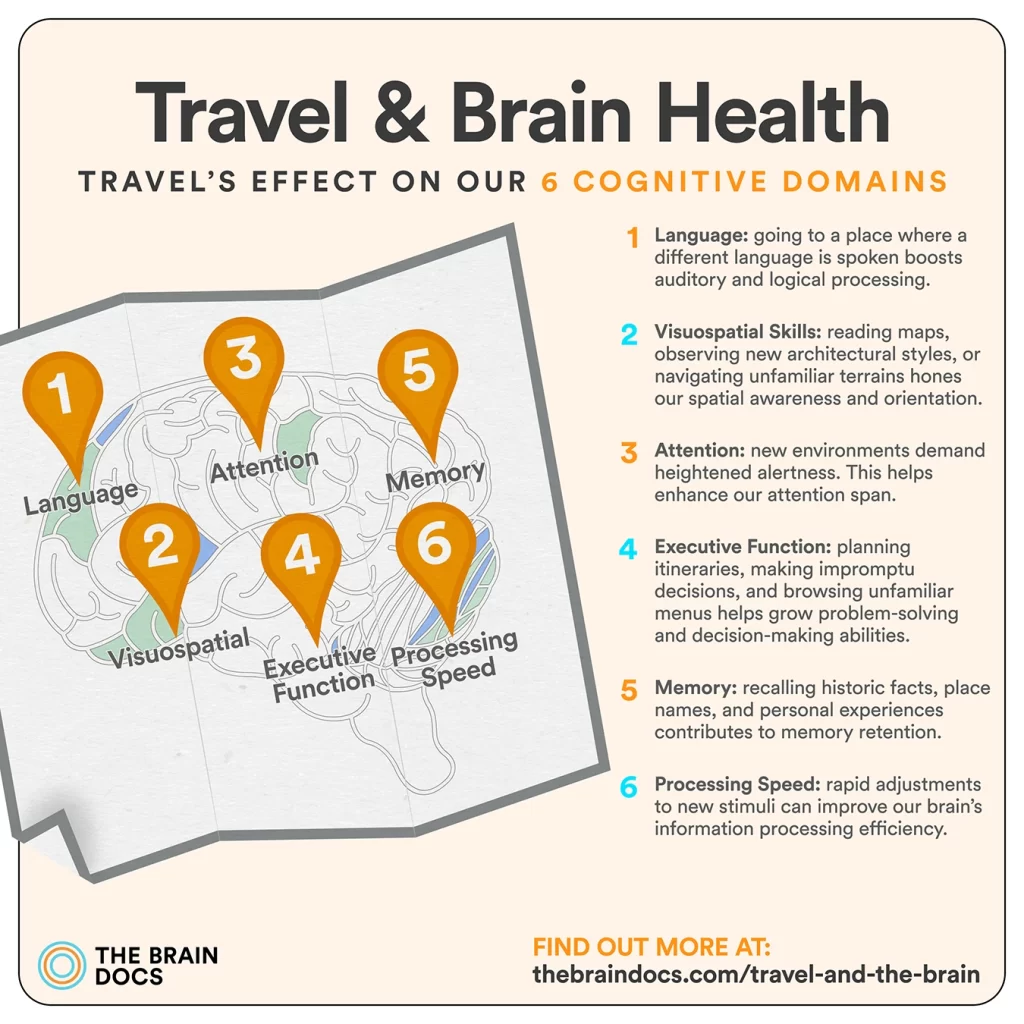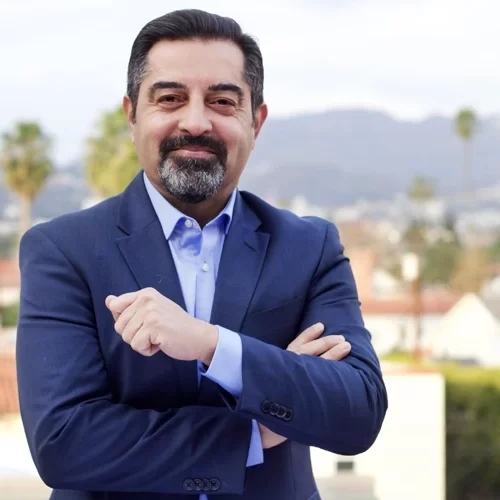Many adventures, be it novels or movies, center on the protagonist setting out on a grand voyage.
The reason is both simple and profound: journeys have the power to transform us, not just emotionally, but cognitively, too.
As seasoned travelers ourselves, we’ve personally witnessed and experienced the multifaceted benefits that traveling brings to the brain.
Our voyage through France
Our family has fond recollections of a vacation we took in France. But, as happens with most memorable trips, we faced challenges — our rental car broke down in the middle of our journey!
It’s these unplanned hitches which test and build our cognitive resilience. Locals, with their heartwarming hospitality, came forward and aided us back onto our path.
Every experience and challenge we encountered became integral to our cognitive enrichment. It was a beautiful reminder that, amidst trials, the human spirit finds a way, and the brain adapts, learns, and grows.

The science of travel and brain plasticity
At the core of the brain’s design is its ability to adapt and rewire itself, a phenomenon known as ‘neuroplasticity’.
Pushing oneself to interact with unfamiliar environments, languages, and people is a potent stimulus for neuroplasticity.
A study published in the Journal of Personality and Social Psychology found that students who lived abroad displayed enhanced creativity in problem-solving compared to those who hadn’t.
The immersive experience of living in a new culture, surrounded by novel stimuli, nudges the brain to form new connections and to think differently.
Let’s consider the benefits of travel through the lens of the six cognitive domains:

1. Language: immersing yourself in a place where a different language is spoken necessitates learning, even if it’s just basic communication. This strengthens auditory processing and language structures.
2. Visuospatial Skills: navigating unfamiliar terrains, reading maps, or simply observing new architectural designs challenges and hones our spatial awareness and orientation.
3. Attention: the newness of the environment demands heightened attention. Whether it’s adapting to driving and transit systems in a new city or being attuned to cultural nuances, our attention span is invariably enhanced.
4. Executive Function: planning itineraries, making impromptu decisions when things don’t go as planned, or even choosing a meal from an unfamiliar menu all bolsters our decision-making and problem-solving abilities.
5. Memory: the sheer volume of new experiences ensures our memory gets a workout. Recalling names of places, historical facts, or personal experiences contributes to memory retention.
6. Processing Speed: rapid adjustments to unfamiliar situations or reacting to new stimuli can improve our brain’s efficiency with processing information.
In addition to these six cognitive domains, the brain thrives on anticipation and change.
The act of planning a trip can surge dopamine levels, which plays a pivotal role in learning, mood enhancement, and our overall enthusiasm for life.
This is consistent with findings in neuroscience research that have shown how the brain’s reward center lights up in anticipation of a reward.
Lived experiences and the beauty of human perspective
While we have traveled across continents, dived into various cultures, tried our hands at different languages, and encountered diverse perspectives, our travels have never been about ticking boxes. Rather, they’ve been a personal testament to the benefits listed above.
We’ve stumbled over words in Mandarin, felt awe at the architectural marvels of European cities, made impromptu decisions when faced with unexpected complications, and relished the nostalgia that memories of Egyptian pyramids or Latin American fiestas bring.
These are more than mere anecdotes. They represent the lived experience of cognitive growth and enhancement.
The moments of struggle, like navigating Paris’ intricate subway system, reinforced our visuospatial skills.
The intensive language courses we took felt arduous, but improved our cognitive processing speeds.
Engaging with local communities, understanding their challenges, and learning from their wisdom has invariably enriched our global perspective.
Travel is a gift. Beyond the photographs and souvenirs, it offers a lasting impact on our brain’s health and capabilities. It’s a holistic educational experience that doesn’t just cater to one aspect of our cognition, but broadens every facet. So, when the world beckons you with its mysteries and wonders, remember that the journey will not only satiate your wanderlust, but also serve as a nourishing feast for your brain.

About The Author
Dean Sherzai, MD, PhD
Dr. Dean Sherzai is co-director of the Alzheimer’s Prevention Program at Loma Linda University. Dean trained in Neurology at Georgetown University School of Medicine, and completed fellowships in neurodegenerative diseases and dementia at the National Institutes of Health and UC San Diego. He also holds a PhD in Healthcare Leadership with a focus on community health from Andrews University.
Get more brain science direct to your email inbox
Sign up for the Brain Docs newsletter for weekly recipes, brain teasers, neuroscience facts, podcast updates, and more — for free!



